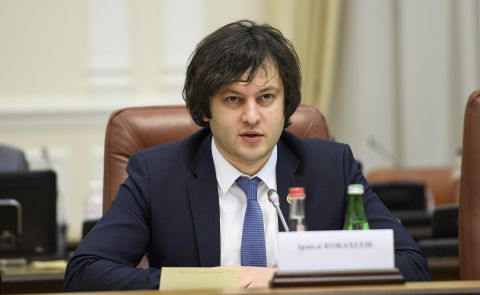
Georgian Dream Leaders Predict No Success for Political Forces "Opposing State, Church, and Identity"
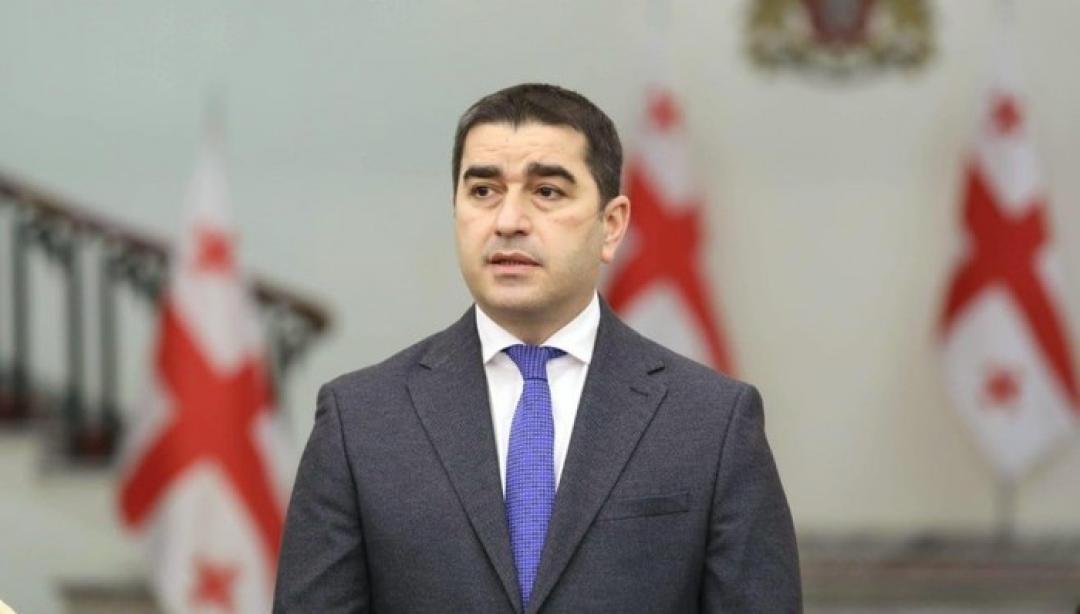
On January 16, Georgian Parliament Chairman Shalva Papuashvili expressed that the ongoing assault by radicals [hinting at oppositional forces] on the Church, purportedly from a 'European,' 'liberal,' or 'Western' standpoint, does not merely harm the Church itself but tarnishes the very ideals of liberalism and the West within the public perception. According to Papuashvili, the radicals' slanderous campaign aims not at genuine concern for the Church but instead seeks to undermine both the Church and the Government, thus jeopardizing their collective historical efforts.
Papuashvili highlighted that the radicals' attempt to depict the Georgian Orthodox Church as an extension of Russia in Georgia is not only inaccurate but lamentable, resulting in unnecessary controversy and fostering a questionable perception among Western partners. "Despite these attacks, Patriarch Ilia II and the Georgian Church command substantial support from the public. The assaults on the Church from a supposed 'European,' 'liberal,' or 'Western' standpoint do not significantly harm the Church itself, but rather stain the idea of liberalism and the West in the eyes of the public," the official added. He argued, "This stems from the radicals' hostile rhetoric leading some to believe that Western values are incompatible with Georgian traditions and faith."
Parliament Chairman emphasized that such rhetoric is not perceived by Georgians as progressive criticism but rather evokes memories of the Bolshevik onslaught on the Church during the early Soviet rule, which destroyed much of Georgia's spiritual and material heritage. "The radicals, particularly those from parties like the United National Movement, Droa, Girchi, Lelo, and European Georgia, are often labeled neo-Bolsheviks by the public," he noted. The official stressed, "It is crucial to prevent the public from equating these radicals with Western liberalism, as they claim for themselves. Such misperception could potentially harm the widespread and steadfast preference among Georgians for integration with the European Union."
Papuashvili clarified that while the Georgian Dream embraces the Georgian Church's values, there is a strict separation between the Government and the Church. "The Christian values that guided Georgia to independence from the Soviet Union continue to propel the country toward its next significant stage—membership in the European Union," he added. He concluded, "Ultimately, the radicals' slanderous campaign seeks not to genuinely care for the Church but to undermine both the Church and the Government, thereby jeopardizing their shared historical endeavor."
On the same day, Irakli Kobakhidze, the chairman of Georgian Dream, asserted that the activities of the radical opposition, specifically the collective United National Movement, are a direct assault on the state, the church, and the foundations of the Georgian identity. According to him, political forces openly opposing these pillars will not succeed.
Kobakhidze emphasized that this pattern of behavior is not new, pointing out that over the years, the actions of the radical opposition, notably the National Movement, have consistently targeted the state, the church, and the elements that constitute Georgian identity. He views this as a fundamental aspect of their political agenda and believes it is essential to confront it. Kobakhidze expressed confidence that Georgian society will stand against these challenges, and he anticipates a clear judgment on these matters following the parliamentary elections.
Kobakhidze predicted that political forces openly opposing the Georgian state, the Georgian Church, and the broader identity of the country would find no chance of success. He underscored the importance of public opposition to such forces. He suggested that the outcome of the upcoming parliamentary elections will serve as a decisive factor in evaluating the political landscape and the prevailing attitudes toward these fundamental aspects of the Georgian identity.
Read more about the event: Controversial Icon Triggers Debate in Georgia Over Russian Influencea
See Also

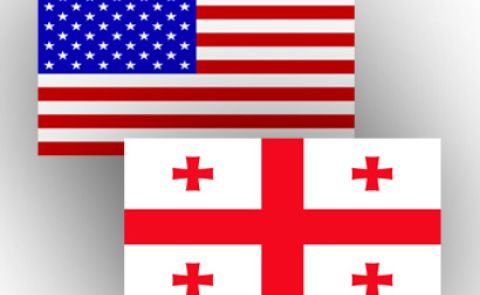
Kobakhidze Meets US Senator Daines to Discuss Bilateral Relations
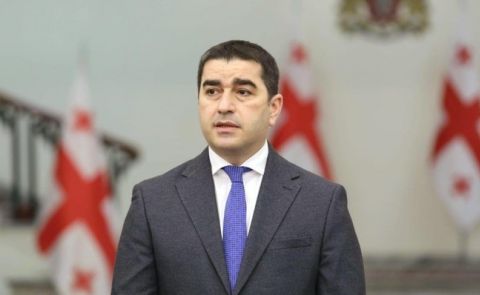
Georgian Speaker Condemns Embassy Travel Warnings as Economic Attack
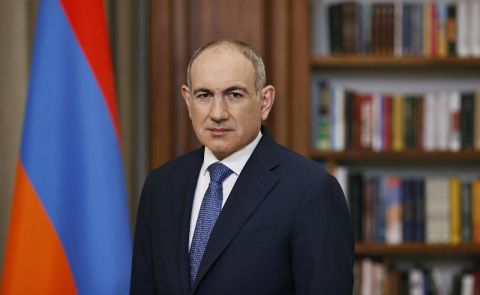
Political Crisis Deepens Between Armenian Government and Apostolic Church After Pashinyan’s Remarks
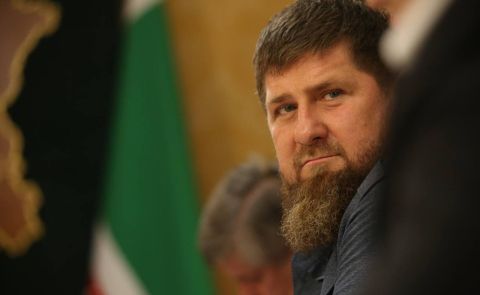
Ramzan Kadyrov Awards Title to Ingush Businessman

